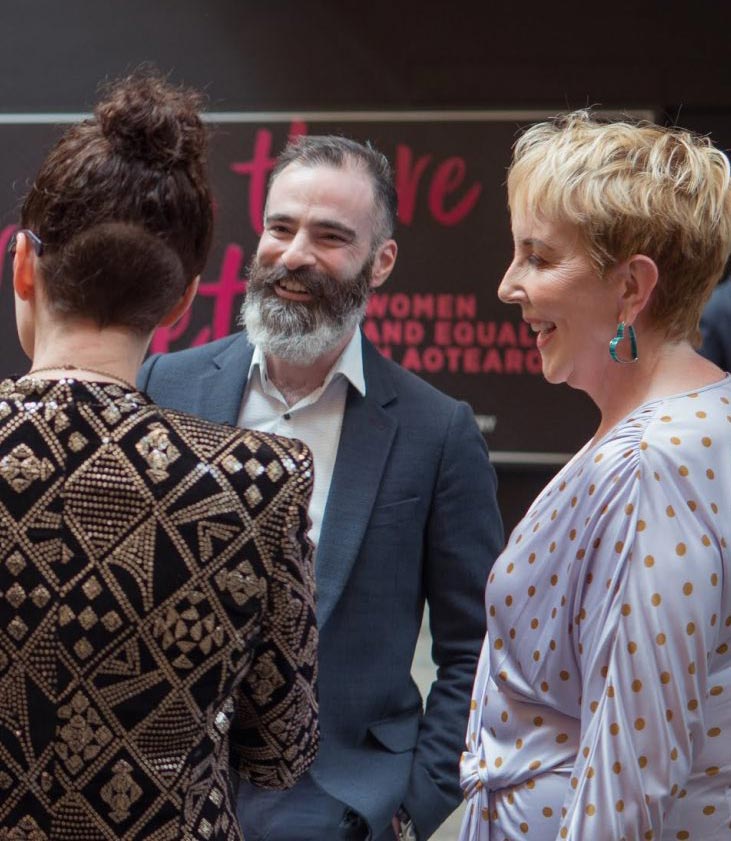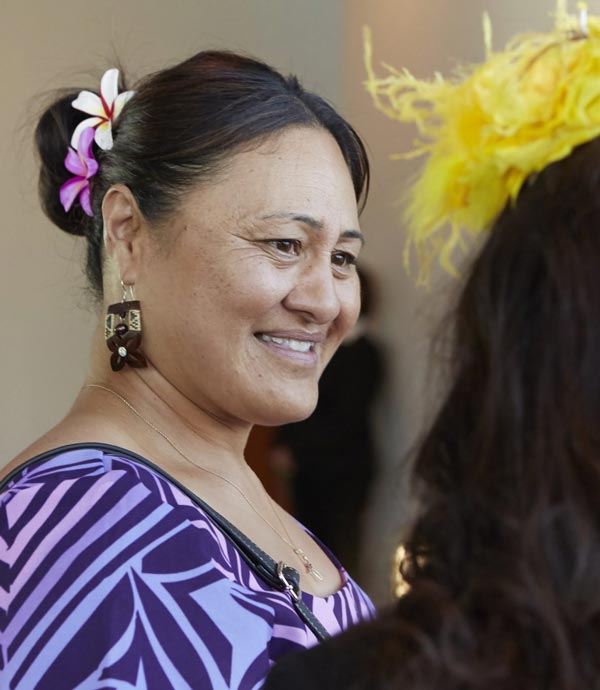Champions for Change has today released their third annual Diversity& Inclusion Impact report (2020) that clearly shows, in the five years since its inception, the collective and focused approach they are taking on Diversity and Inclusion is shifting the dial.
Champions for Change is a group of like-minded leaders who believe that a prosperous and equitable New Zealand relies on working together to promote diversity in leadership. The reports were commissioned by the Champions to hold themselves accountable for improving gender and ethnicity representation in management and governance roles and encompasses the data of 39organisations with a total of 115,000 employees across New Zealand.
The results reveal that while there is still work to be done, the Champions are leading the way. In almost every measure they compare favourably to the UK, US, Australia and the NZX50 average. There continues to be year-on-year growth in key leadership levels, including at Board level. When assessed as a group, Champions for Change are very close to achieving their target gender balance of 40% -60%across all reported categories.
However, when looking deeper at an industry and organisational level, it is clear that there remains work to do in terms of achieving equality and equity for women. The report identifies two key challenges –“The Power Gap” and “The Participation Gap”. The Power Gap relates to an imbalance in gender representation at management and governance levels, with the underlying idea being that the gender mix should be close to that of the rest of the workforce. “Power” is defined as those things that generally come with greater seniority in an organisation, including increased authority, control and influence.
The Participation Gap is about ensuring gender balance in the entire workforce across all levels of the organisation. The report identifies that in some industries, there is a clear participation gap to be addressed. This will mean working to ensure there is a strong pipeline of women entering those industries to begin with.
The reason it is important to understand gender balance through these two frames is that they require different actions. For example, in the case of the Power Gap, it may be a combination of lateral hires, providing junior management opportunities and investing in leadership development. With regards to the Participation Gap, it could mean partnering with the education sector, scholarships and targeted campaigns in schools.
The report shows that as a group, the Champions have all but achieved their target of 40% women at a Board level, with only one more Director needed across the 39 Champions to close the gap. Year on year, there have been positive shifts in the proportion of governors who are women. However, the difference across all management levels shows that there is still work to be done to achieve improved gender balance in leadership across organisations as a whole. A difference of 342morewomen in management roles are needed to reach the Champions’ minimum target of 40%.
Justine Smyth, Co-Chair of Champions for Change and Chair of Spark said, “As a Chair and Director of a number of New Zealand organisations, I can say with confidence that change is possible. It has to start at the top, but it needs to be supported from the ground up as well. Boards, CEOs, leadership teams, and leaders more broadly set the tone in an organisation and must be unapologetic about their commitment to diversity and creating inclusive cultures if we are going to be able to bring about change. This year’s Diversity Report results are promising and prove that the focused, collective approach we are adopting as Champions is working, but there is still much work to be done.
”This is the second year the report has captured ethnic diversity data and the results demonstrate this remains a persistent challenge in Champions’ organisations, particularly for Māori and Pacific Peoples. This is a matter of both participation and distribution of power. While the report identifies there is still a long way to go, the Champions have this squarely in their sights. Increasing Māori and Ethnic diversity within their organisations is now also clearly stated as a key area of focus in the Champions’ kaupapa, alongside increasing gender diversity.
One key component for immediate action is the reporting of ethnicity data itself. While there has been an increase in responses on last year, many employees are still opting not to state their ethnicity. It is important to note however, that the lack of data is not an excuse for progress not being made. Data is simply an important tool in helping define where each of the organisations sit and where they need to get to. It is therefore critical employees feel comfortable sharing this information and understand its purpose.
Marc England, Co-Chair of Champions for Change and CEO of Genesis Energy added, “In its five years of existence, the Champions have taken good strides forward. Shifting the dial begins with creating an inclusive culture. It’s something we are focusing on at Genesis and I know the other Champions are all working very hard on too. As the report identifies, it is critical we now zoom in on closing the Power and Participation gaps for women, and indeed put our collective focus on increasing Māori and ethnic diversity, developing our bicultural competence as leaders and decreasing the Māori and ethnic power gaps in our organisations. As Champions, we are all completely committed to this and I know that with the power of the collective, we will be able to effect real change. ”



